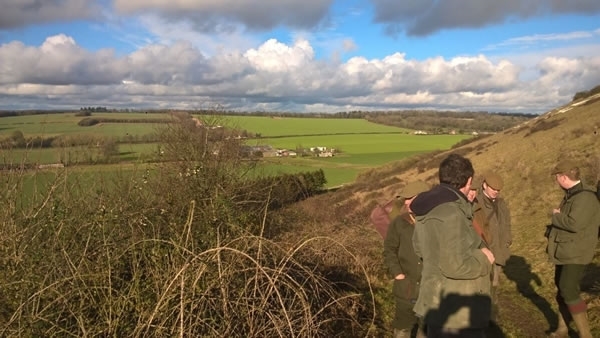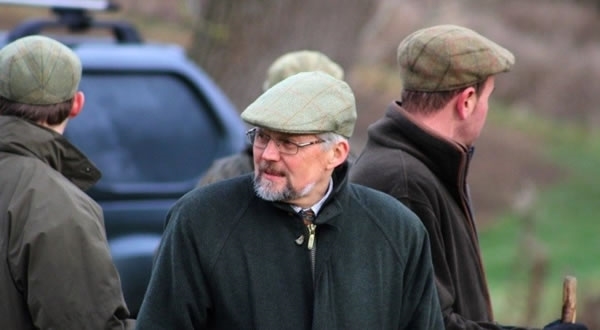By Professor Simon Denny BA MA PhD, Executive Dean of Research, Impact & Enterprise, The University of Northampton
It is widely held that driven game shooting delivers economic and environmental benefits.
The economic benefits are not precisely defined, but are significant. Field sports, including the shooting of driven game, are conservatively estimated to be worth at least £2 billion p.a. to the UK economy. Having a shoot on your land may provide some resilience for farmers and estate owners in the faces of dynamic times for farming in a post-Brexit world. Gun dealers, hoteliers in some rural areas, and suppliers of equipment to the game industry all depend on shooting for their livelihood.

Previous research has shown that game shooting also results in environmental benefits. Although many people oppose field sports and shooting, the majority of the population clearly value the conservation and environmental results of managing c. 2 million hectares specifically for shooting.
Managing and planting habitat patches such as woods and copses, restoring and linking hedgerows to ameliorate habitat fragmentation, and controlling pests and predators promotes the conservation of an array of flora and fauna, as well as game birds. A 2003 study1 concluded that landowners in central England who engaged in field sports planted and maintained more wildlife habitat for quarry species than those that did not, clearly strengthening the national biodiversity asset. The GWCT has shown that active predator control has conservation benefits for nationally declining farmland birds. Supplementary feeding from gamebird hoppers helps many scarce songbirds survive the winter.
However, previous studies have not provided in-depth studies of the impact of shooting on the people that are involved in it2 and have not attempted to put a financial value on this impact. Rural communities have historically taken part in driven game shoots in various ways. Increasingly though we find that guns, beaters, and shoot supporters also come from urban areas. What makes people take part in shoots, what effect does this participation have on them, and what is the value of this effect?

Working alongside Dr James Littlemore from Moulton College, we have designed an inter-disciplinary PhD project that will identify whether there are any tangible benefits of participation in driven game shooting for the mental and physical wellbeing of people, for their educational development, for their economic circumstances, and for their ability to cope with the expected and unexpected pressures of life.
Uniquely, a value will be put on benefits identified. The GWCT has been consulted, and its Head of Policy, Dr Alastair Leake, believes the project will be an innovative and interesting project that will add a significant new dimension to our understanding of a major part of the rural economy. It will also review the landscape-scale conservation management practices undertaken on shooting estates as a means of appraising sustainable land management practices to pinpoint ecological resilience.
The project will begin in September 2017. Shoots that are interested in taking part in the project should contact simon.denny@northampton.ac.uk. Simon and James will be at the Simulated Game Day at the Hambleden Shoot on 12 May (organised by the Buckinghamshire Committee of the GWCT), to talk about the project.
References
- Oldfield TEE et al (2003) Field Sports and conservation in the UK, Nature 423, pp 531-5332.
- The BASC commissioned research in 2014 which strongly indicated shooting contributes to health and wellbeing of its participants.
 Free weekly newsletter
Free weekly newsletter
Stay updated and get all the latest GWCT news, event invites and offers delivered straight to your inbox each week.
Sign up FREE >